Daniel had a passion for the ocean. He started swimming before walking and later became an avid sailor, swimmer, and surfer.
But there are other reasons we decided to use a wave as a symbol of the Daniel Calazans Foundation.
Riding the wave is part of a larger behavioral psychotherapy model called Dialectical Behavioral Therapy (DBT).
Just as the waves in an ocean change, so do your emotions. Like waves, your feelings might be calm and peaceful one moment and then tense and unpredictable in another.
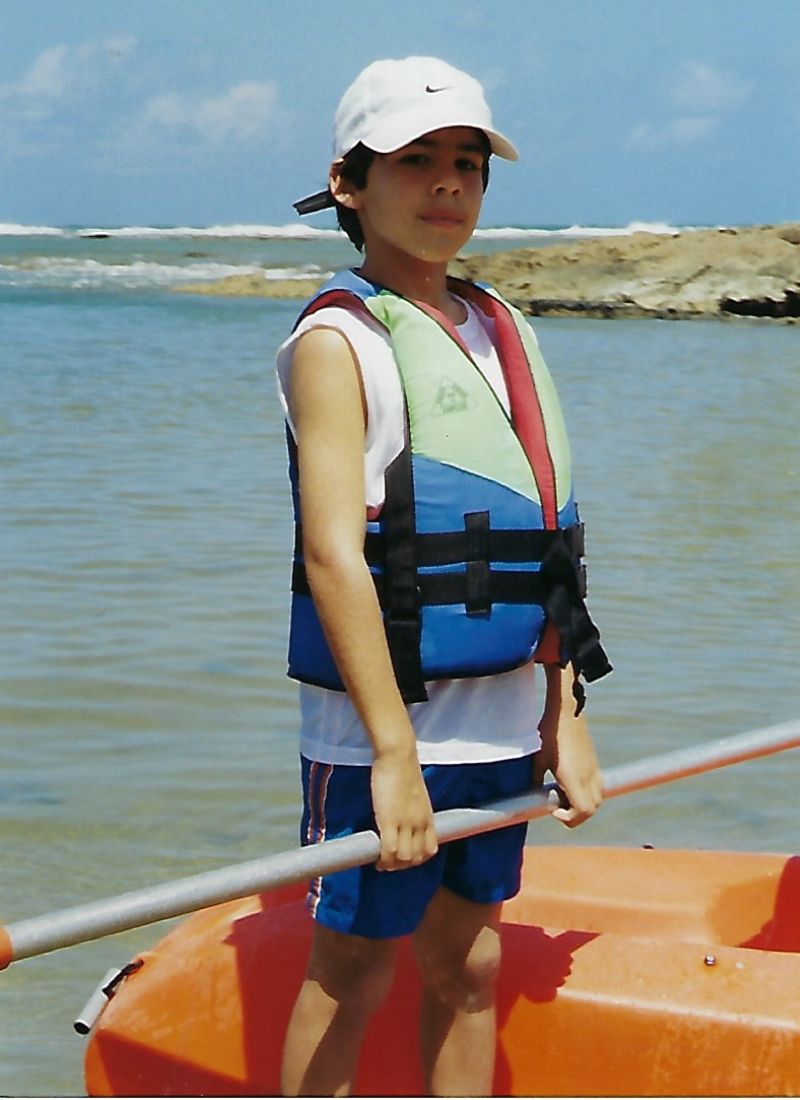
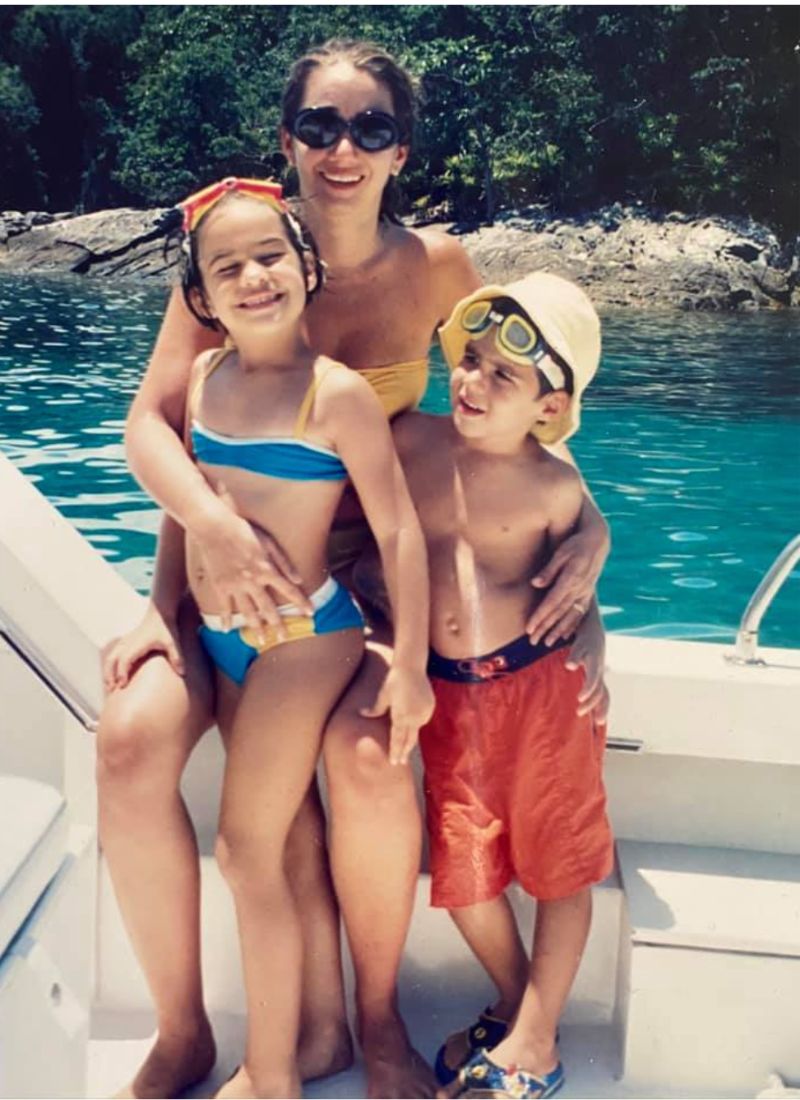
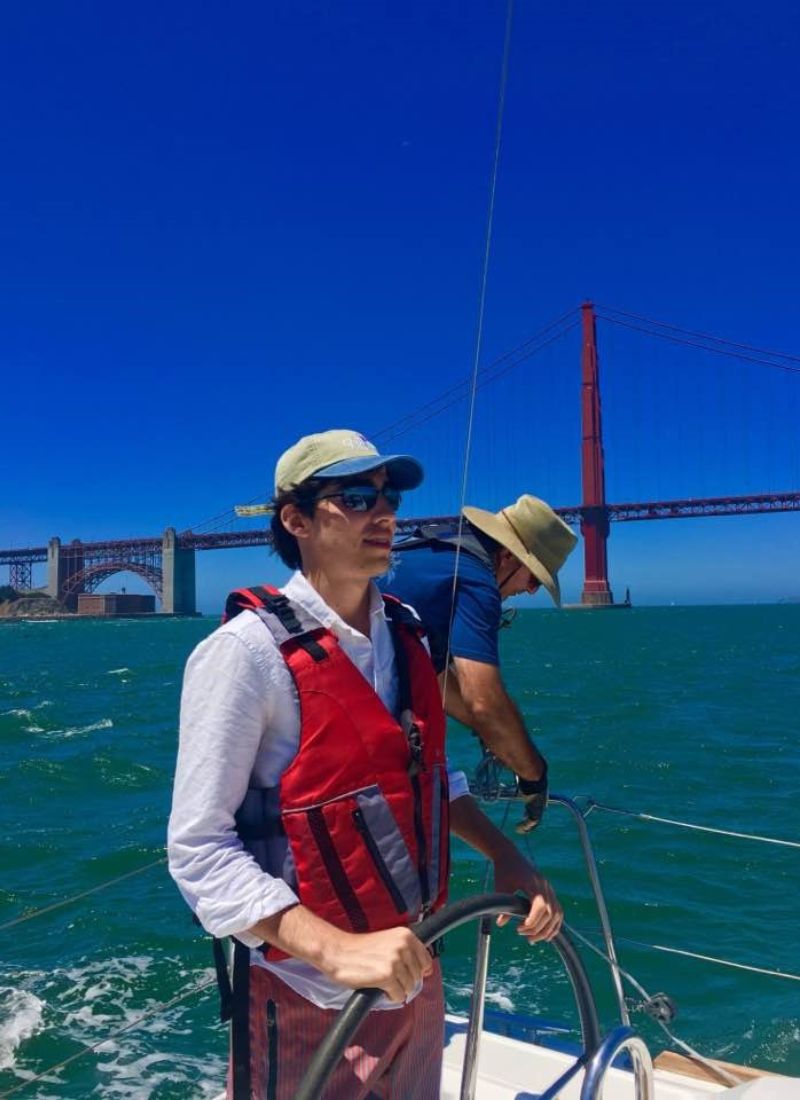
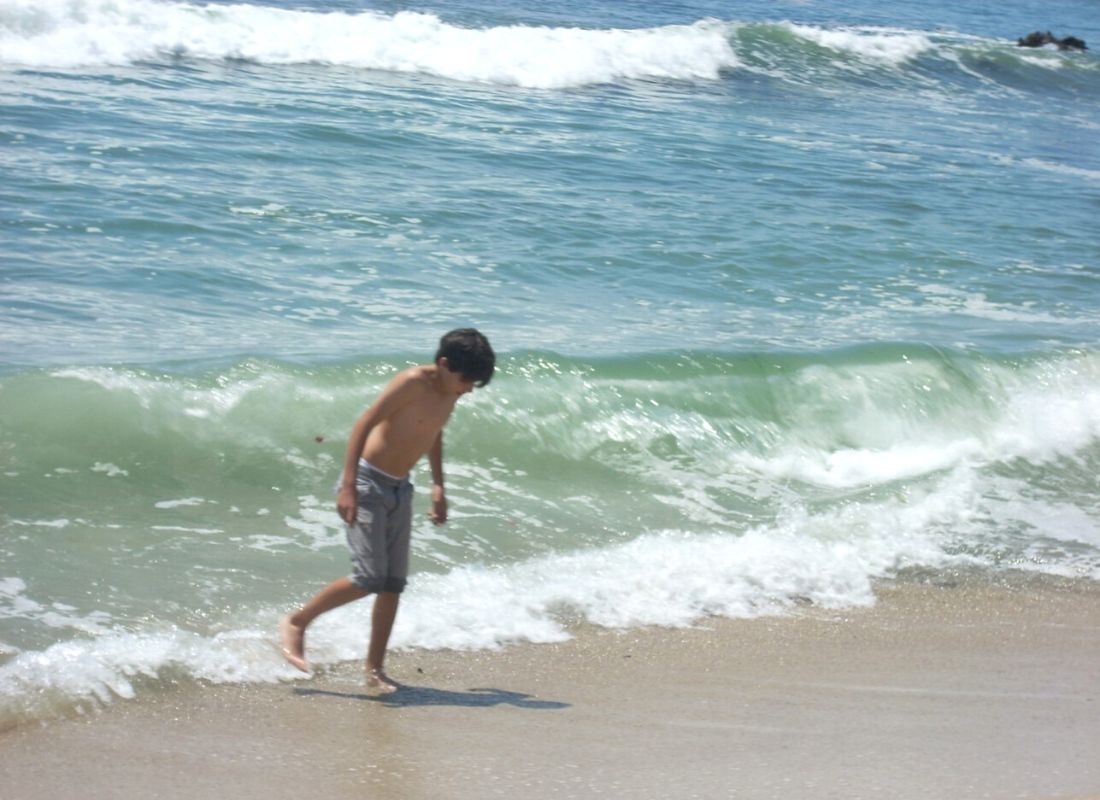
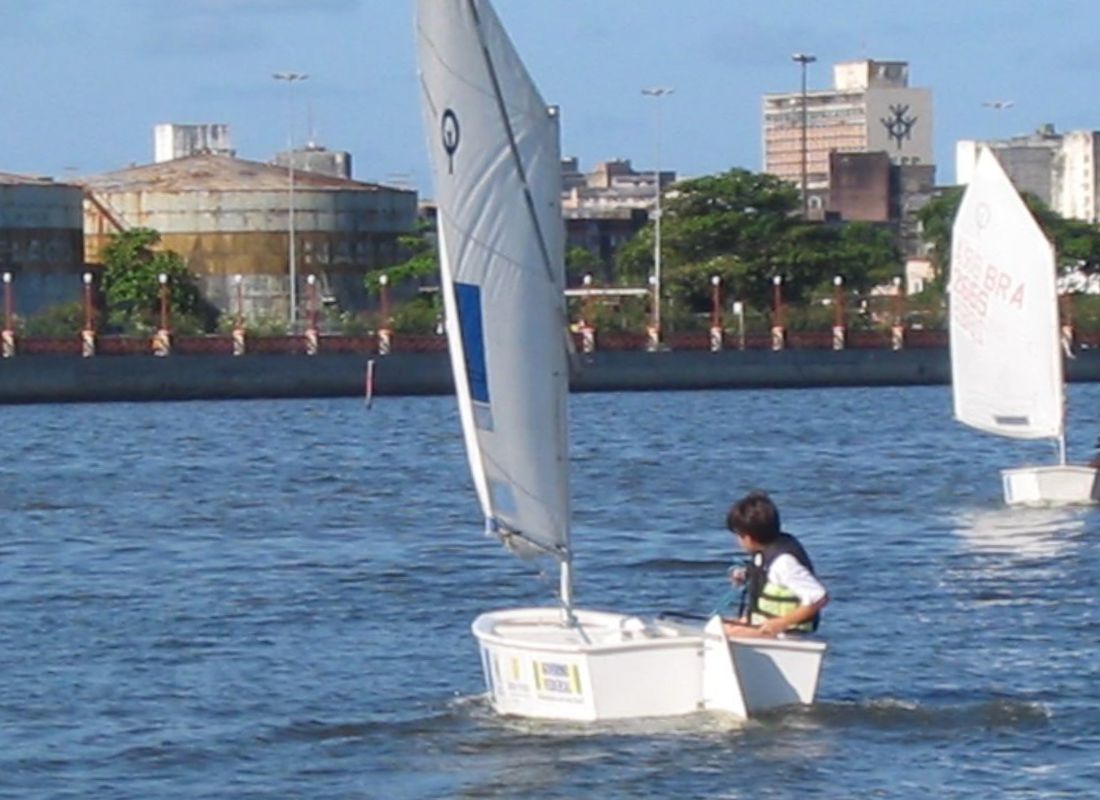
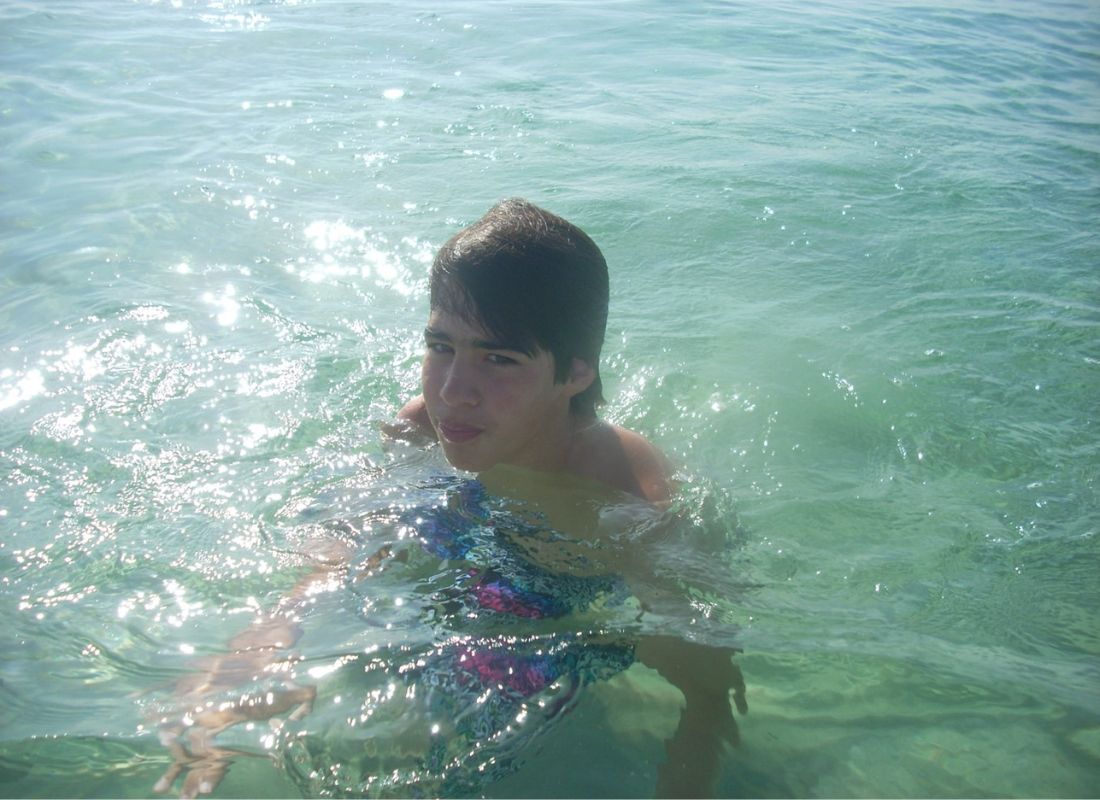
Surviving Fentanyl Poisoning
Daniel’s case is symbolic of a dysfunctional system that leads thousands of Americans to despair. He survived fentanyl poisoning, yet a series of mishaps by healthcare providers led him to despair and death.
Raised in Palo Alto, CA, Daniel developed a strong entrepreneurial spirit in middle school. Still, as he entered his teenage years, he tried marijuana and alcohol and developed a Xanax dependency.
On February 23, 2020, Daniel took a Xanax “fentapill” on his way to work. Paramedics were able to bring him back to life by intubating oxygen to his lungs.
The hospital that treated Daniel’s clinical conditions indicated that he should not take certain meds that could worsen his hepatic and renal function on his discharge paperwork. The rehab center in San Rafael, CA, disregarded these recommendations and put him on drugs that had a detrimental effect on the liver and kidneys.
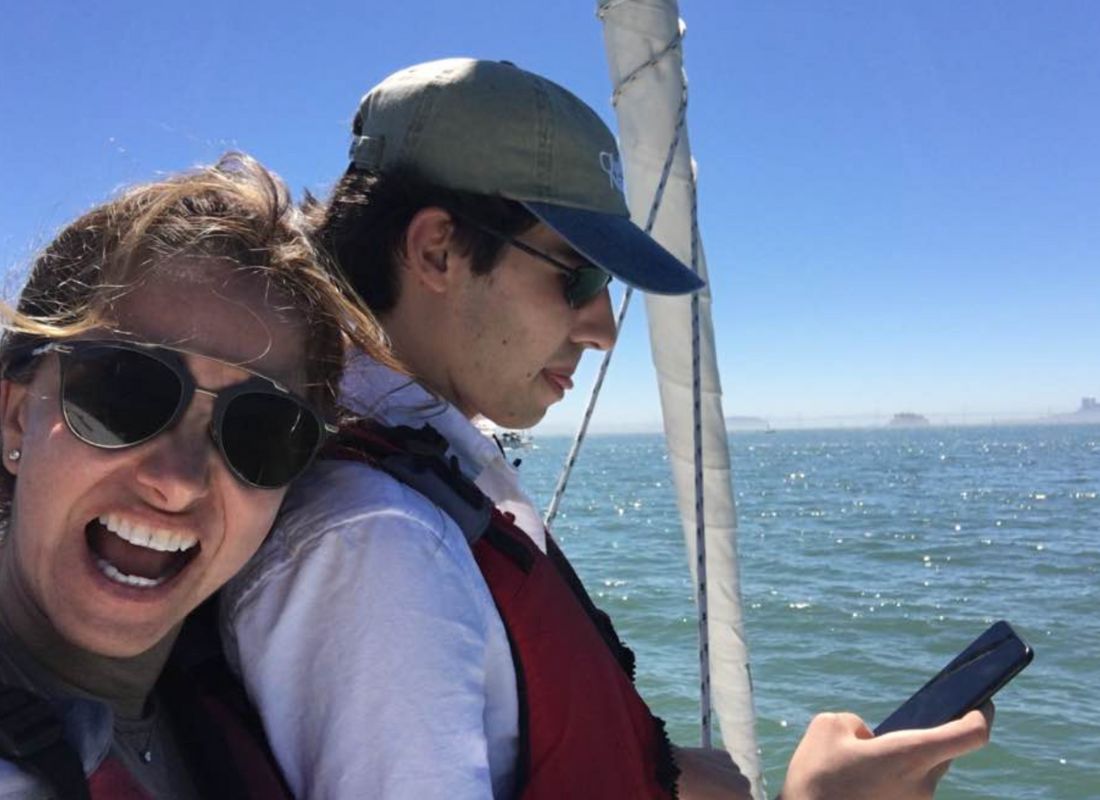
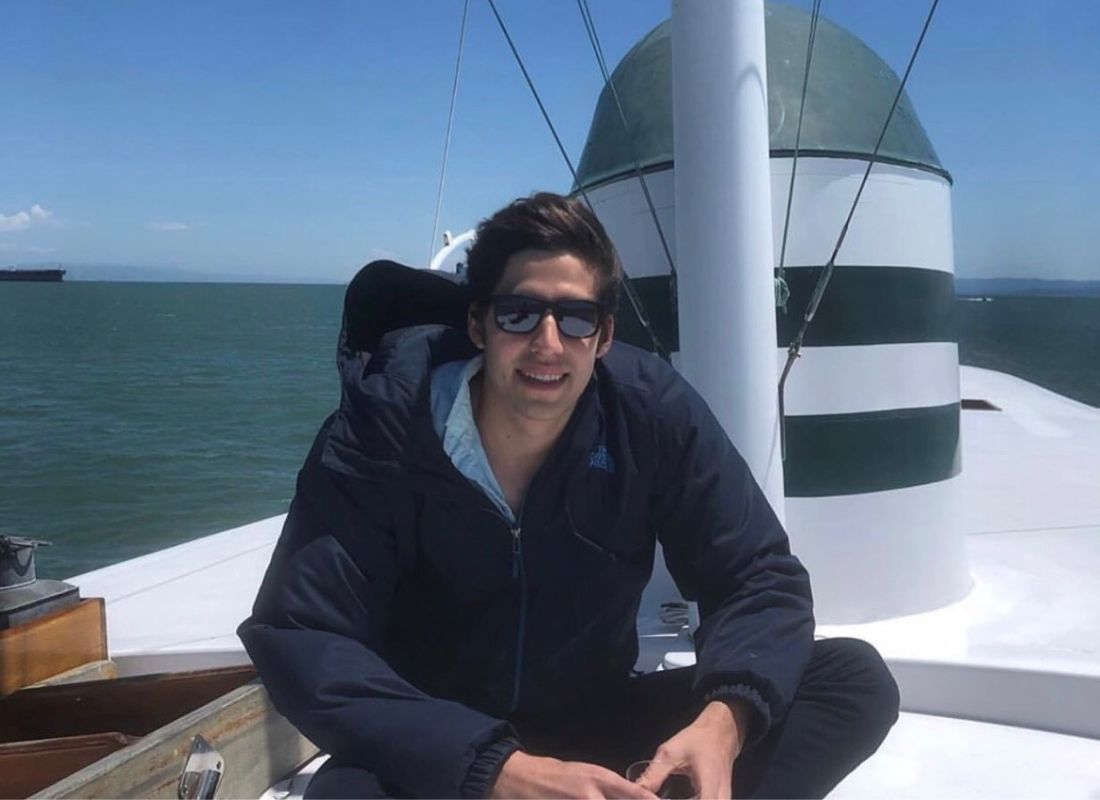
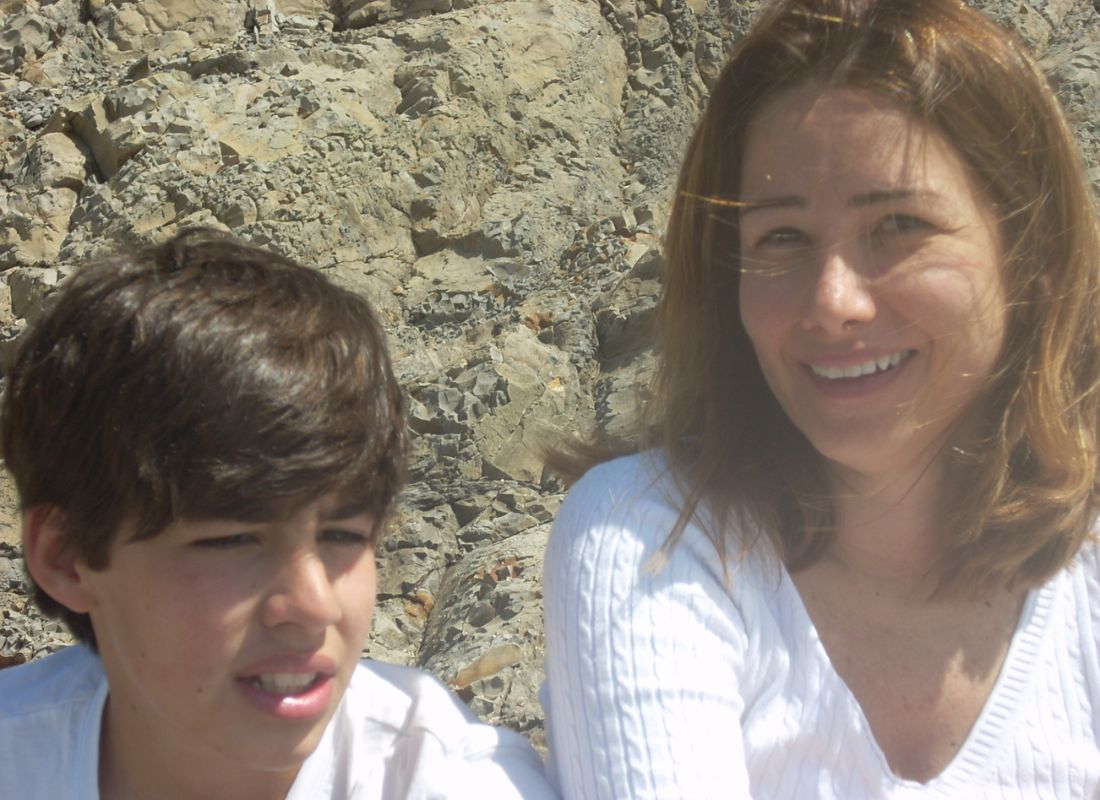
Navigating a Dysfunctional System
What was supposed to be the beginning of a healing journey turned out to be something that caused Daniel considerable physical and emotional damage.
Under the effect of several prescribed drugs, Daniel was a victim of a sexual assault a couple of days before his discharge.
Feelings of shame, confusion, and self-blame leave many men silent after being sexually assaulted. Being “a victim” is very hard for most men. Men tend to believe that a man should be able to defend himself against all odds or be willing to risk his life or severe injury to protect his pride and self-respect.
Daniel remained silent and didn’t tell his family what had happened.
His discharge paperwork didn’t include the police paperwork, and the authorities took him to a hospital in another city for a medical evaluation.
His mother only found out because Daniel left an envelope sealed with her name at his stepfather’s house with all the police paperwork before going to a new clinic in Southern California to treat his psychiatric condition.
Daniel could be alive if following healthcare providers who treated Daniel knew about the trauma.
On the day of his death, Daniel was profoundly sad. He had attempted suicide after the trauma at the rehab center. He said: Next time, I will use what poisoned and almost killed me.
Amanda begged him to forget those dark thoughts. Their mother was sick and unable to speak. Daniel’s sister cooked lunch, meditated, and prayed with him.
Then, after a couple of hours, she felt the “waves” calmer. Daniel told her he was feeling better and would fight back by hiring a new attorney, focusing on work, and running a marathon.
Daniel left us way too soon. All of us adored him. He has a joyful and accomplished life. We will miss him forever.
Daniel’s Last Request
Yet, our mission is to comply with his honorable and brilliant last request to young lives by raising awareness about the dangers of unnecessary medication.
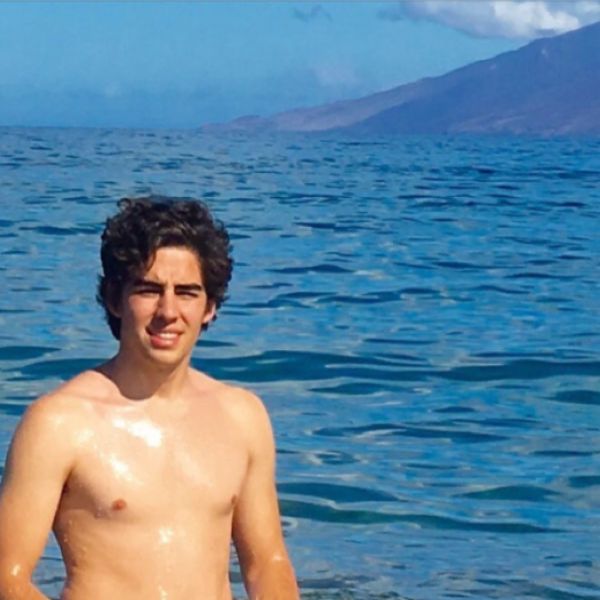

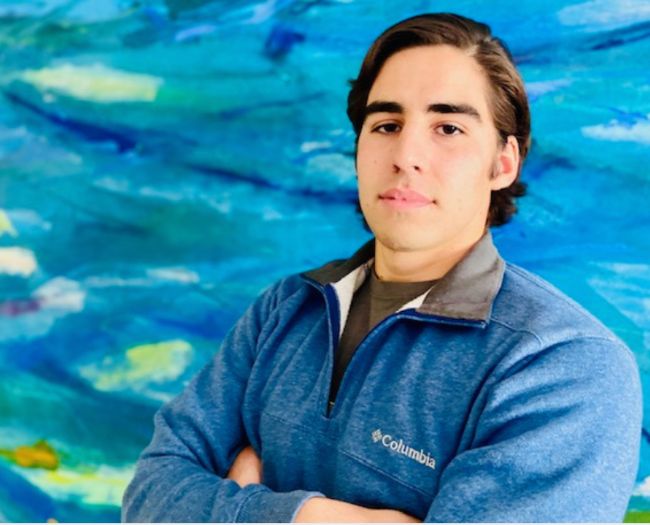
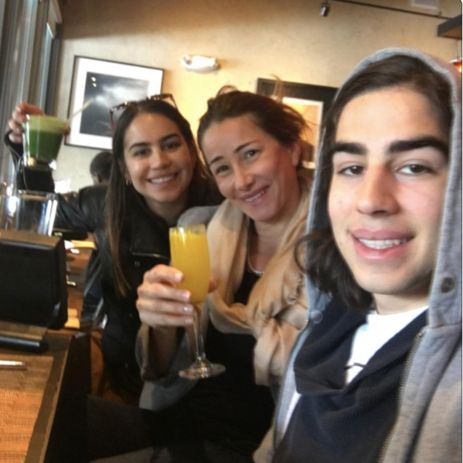
Daniel’s story is the tale of many other young individuals who will, or should, lead our planet’s future. But hundreds of thousands are dead, and many others are in emotional and physical pain, as Daniel once was, unable to reach their full potential.
Our work at the Daniel Calazans Foundation, and my promise to him, is to alert and educate families and to encourage the scientific community and lawmakers to prevent other young men and women from dying too young.